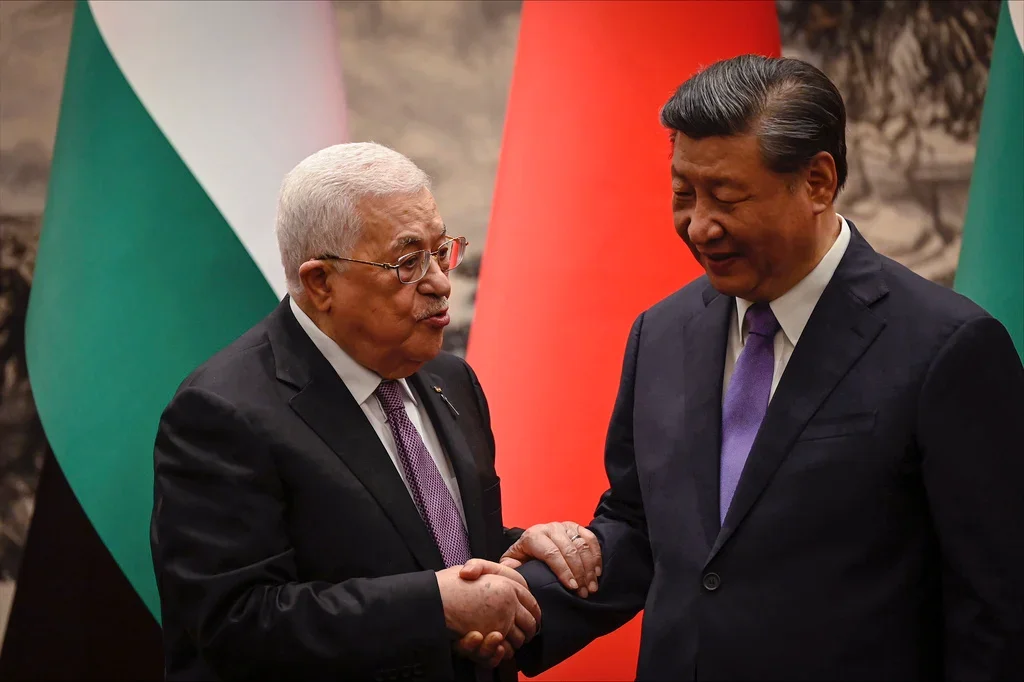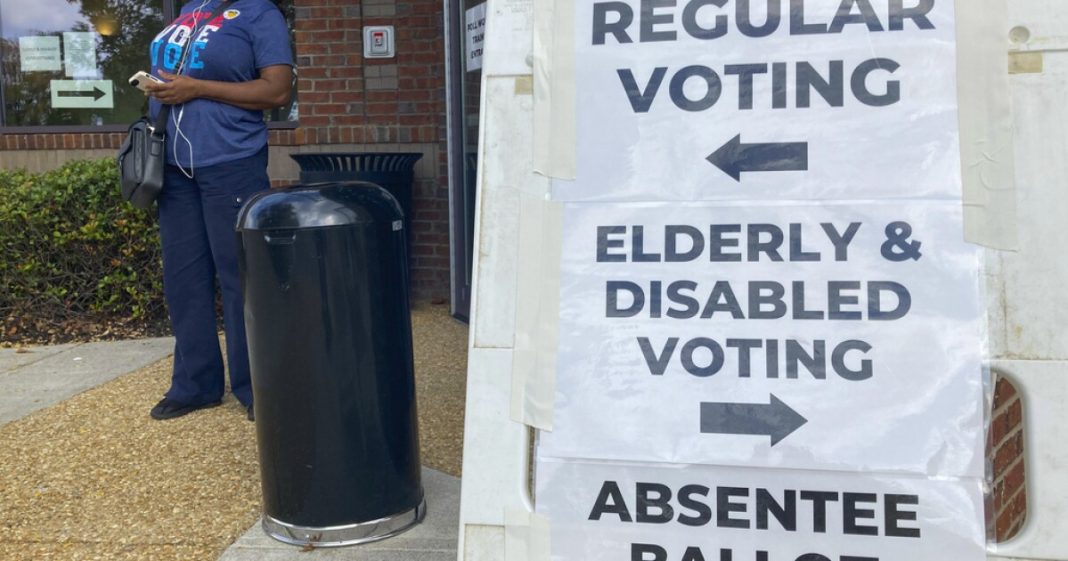China’s Rising Influence in the Middle East: A New Era of Diplomacy and Economic Engagement
In recent years, China has emerged as a formidable player in the Middle East, leveraging its economic prowess and diplomatic initiatives to reshape the region’s geopolitical landscape. With ambitious projects like the Belt and Road Initiative (BRI) and the Global Security Initiative (GSI), China is not just expanding its influence; it’s redefining what it means to be a global power. As the United States grapples with its waning influence, China’s approach—marked by economic engagement and diplomatic mediation—offers a fresh perspective on international relations in a region long dominated by Western powers.
A New Blueprint for Global Engagement
The GSI, introduced by China, serves as a comprehensive framework for its foreign policy, aiming to address the root causes of international conflicts and promote global stability. This initiative is particularly significant in the Middle East, where historical tensions and conflicts have often drawn in external powers. By advocating for dialogue and cooperation, China seeks to position itself as a stabilizing force, contrasting sharply with the military-focused strategies of the U.S.
Since the launch of the BRI in 2013, China has intensified its "Going Out" policy, which encourages Chinese investments abroad. The Middle East, with its rich resources and strategic location, has become a focal point for these efforts. Unlike the U.S., which has often relied on military presence, China is focusing on economic initiatives and political involvement, aiming to foster regional unity through conflict management and diplomatic mediation.
Navigating the Complexities of the Israel-Palestine Conflict
The recent escalation of violence between Israel and Hamas has put China’s diplomatic strategies to the test. Since the conflict reignited on October 7, 2023, China has maintained a delicate balance, advocating for Palestinian rights while preserving its economic ties with Israel. This nuanced approach has allowed China to position itself as a mediator, promoting de-escalation and a two-state solution without taking sides.
China’s five-point proposal to the United Nations Security Council emphasizes the need for a comprehensive ceasefire and humanitarian assistance, showcasing its commitment to a peaceful resolution. By organizing international conferences and rallying support from Arab states, China is not only enhancing its diplomatic credibility but also solidifying its role as a key player in Middle Eastern affairs.
Strengthening Ties with Arab Nations
China’s efforts to mediate conflicts extend beyond the Israel-Palestine issue. The recent agreement between Saudi Arabia and Iran, facilitated by China, highlights its growing influence in the region. During the tenth ministerial conference of the China-Arab States Cooperation Forum, Chinese President Xi Jinping reiterated support for Palestinian statehood, further solidifying China’s image as a champion of Arab causes.
Arab leaders have responded positively to China’s initiatives, with UAE President Sheikh Mohamed bin Zayed Al Nahyan expressing appreciation for China’s role in promoting peace. This growing partnership reflects a broader trend of Arab nations seeking alternatives to U.S. influence, particularly as dissatisfaction with American policies continues to rise.
A New Era of Arms and Economic Cooperation
China’s military cooperation with Middle Eastern nations is also on the rise. As the U.S. faces challenges in maintaining its military presence, China has stepped in as a key arms supplier, engaging in joint military exercises and defense collaborations with countries like Saudi Arabia and the UAE. This shift not only challenges U.S. dominance but also signals a new era of military cooperation in the region.
Economically, China’s investments in infrastructure and technology are gaining traction. As Arab states prioritize modernization and development, China’s willingness to invest in renewable energy and technology projects positions it as a valuable partner. This economic engagement is further enhanced by China’s commitment to non-interference in domestic affairs, making it an attractive alternative for countries wary of Western intervention.
The U.S. Response: A Call for Re-engagement
As China’s influence grows, the United States faces a critical juncture. To counter China’s rising presence, U.S. policymakers must rethink their approach to the Middle East. This includes re-engaging with regional partners through multilateral summits and promoting lasting peace proposals that address the underlying issues driving conflict.
Moreover, the U.S. should focus on strengthening its economic ties with Middle Eastern nations by investing in infrastructure and technology projects. By offering better alternatives to Chinese initiatives, the U.S. can regain its footing in a region where its influence is increasingly challenged.
Conclusion: A Shifting Geopolitical Landscape
China’s strategic maneuvers in the Middle East are reshaping the geopolitical landscape, presenting both challenges and opportunities for traditional powers like the United States. As China continues to assert its influence through economic engagement and diplomatic mediation, the dynamics of international relations in the region are evolving. For the U.S. to remain relevant, it must adapt to this new reality, fostering cooperation and dialogue while addressing the complex issues that define the Middle East today.
In this rapidly changing world, the rise of China as a peace-promoting actor in the Middle East serves as a reminder that diplomacy and economic collaboration can pave the way for a more stable and prosperous future. The question remains: how will the U.S. respond to this shifting tide, and what will it mean for the future of the region?



